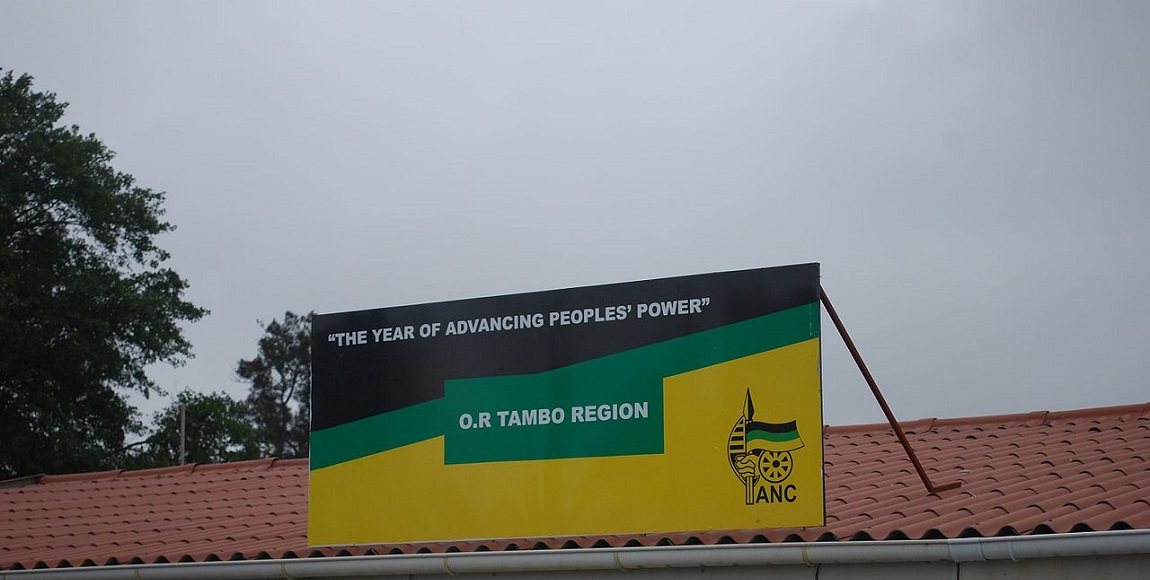The 54th national conference of the African National Congress enters its second day, and we still await the voting and announcement of the new party president.
However, the national conference isn’t just about electing the party’s next leaders. It’s also a time of reflection on important policy considerations. “National conferences are occasions when branches and the leadership collective, which includes the leagues, conduct an introspection and reflect on the organisation’s capacity to deliver on its tasks towards the realization of the national democratic revolution,†according to a statement on the party website. A key part of this introspection is considering which amendments could be made to its constitution that are “aimed at strengthening the ANC well into the second centenary of its existenceâ€.
The Daily Vox takes a look at the amendments the party will consider.
Changing the size and structure of the national executive committee (NEC) and national working committee (NWC)
The conference will be considering a number of proposals that will look at the size and composition of the NEC. This isn’t a new consideration and they have been changed over the years. Among these considerations is getting a second deputy president, a second or third deputy secretary-general. It is considering adding 60 or 80 more members to the NEC.
Update: the ANC has rejected the option of having two deputy presidents.
The ANC is also considering reworking the NWC which carries out the decisions and instructions of the NEC. It wants to do away with the current structure and employ five full-time, directly elected NEC members along with the officials to make up a working committee or secretariat. If not, they’re considering keeping the NEC structure the way it is, but ensure that at least 50% of the NEC are not also serving cabinet members, while the ANC governs.
Beefing up its moral authority
The party is considering strengthening the role of the integrity commission, which requested an urgent meeting with secretary-general Gwede Mantashe after Zuma’s cabinet reshuffle. It wants to increase its decision-making powers and its authority to call any member to task, or create a commission that’s accountable to a relevant executive structure and only has the power to make recommendations.
The ANC is also considering creating a dispute resolution committee, along with an appeals committee to handle and conflict that may arise. This committee will be able to preside over disputes across all levels in the ANC. This is an effort to reduce the number of disputes resolved outside the party in courts.
Opening branch meetings to non-card carrying citizens
It wants to introduce a “support member†system where people who aren’t card carrying members of the party can attend their meetings. It said that this consideration comes from the idea that “the ANC represents the dreams and aspirations of all South Africans beyond its membershipâ€. This is open to people who don’t want to be members but want to participate in policy debates at branch level.
These “support members†won’t be able to vote in or be eligible for election into the ANC.
Reducing the number of branch meetings
The ANC is reconsidering the amount of times branches it has meet to remain “alive to the realities of modern day societyâ€. Instead of meeting once a month, it has been proposed that branches meet once every two months.
Creating units overseas
It is also looking at establishing branches outside of the country for members that live overseas. The ANC wants to ensure that their members are able to participate in political life.









